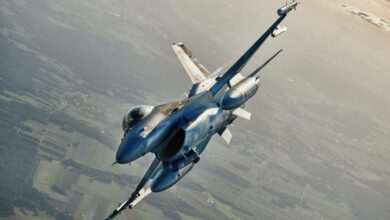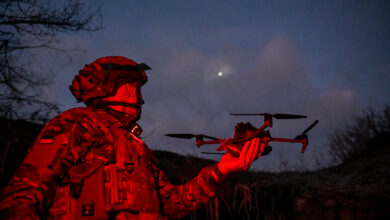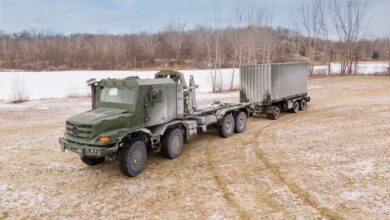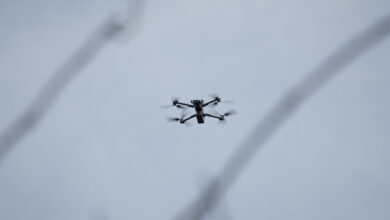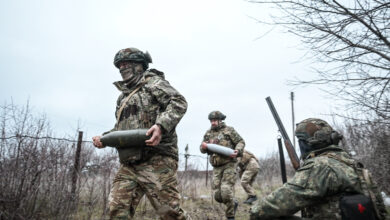At the Yuma Proving Grounds near the Arizona-California border, a small drone faces a challenging mission. It needs to find and lock in on an enemy target more than a kilometer from its launch location, all on its own.
In this test, Scientific Systems Company, Inc’s Robotic Autonomous Platform for Tactical Operations and Reconnaissance, or RAPTOR, was operated using artificial intelligence as part of an autonomous software program called Finding Objects via Closed-loop Understanding of the Scene, or FOCUS.
The software allows the drone to examine cluttered urban environments and identify whether targets are armed or unarmed.
Identifying a Target
During a demonstration in the late summer of 2020, RAPTOR successfully navigated to the search area using its FOCUS technology, which controlled the aircraft’s flight path and camera direction.
The small drone identified a target using computerized optics and sent an alert to the supervisor with details of the potential threat’s precise location and an image for positive identification. After completing the task, RAPTOR returned to its original location without the need for additional direction.
“What we have shown is how machine intelligence ‘at-the-edge’ can be used to dramatically shorten the ‘OODA loop’ and provide the military with a distinct advantage in the fight,” SSCI’s Vice President of Research and Development Dr. Owen Brown said.
Project Convergence
RAPTOR’s demonstration was part of the US Army’s Project Convergence 2020, where some 500 personnel were trained to integrate new enabling technologies at the lowest operational level so they can make faster decisions.
This number is expected to increase during the next Project Convergence event in 2021, with plans to integrate with the Navy, Air Force, Marine Corps, Intelligence Community and other unspecified government agencies.
Some aspects of the Department of Defense’s Joint Warfighting Concept will be implemented, including demonstrating increased range and lethality of long-range fires and AI capabilities to enhance visualization, understanding and maneuver on the battlefield.
Project Convergence will now be conducted annually.



